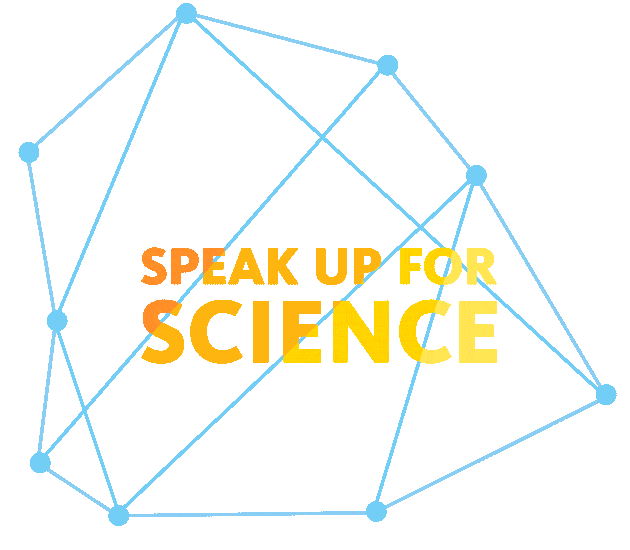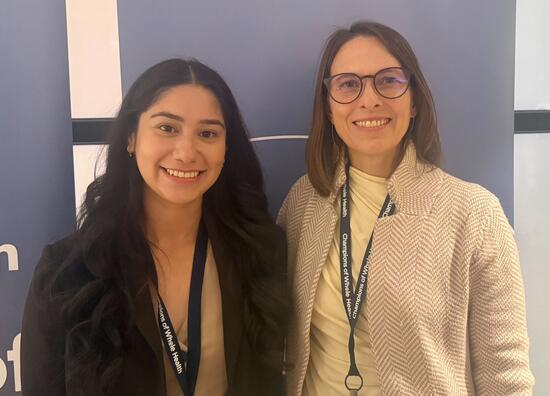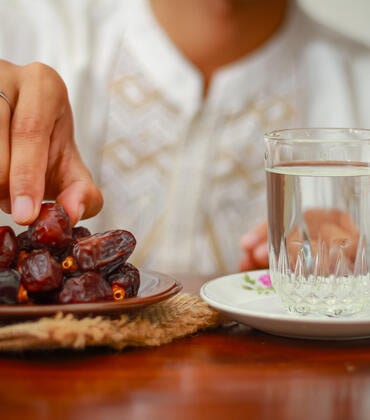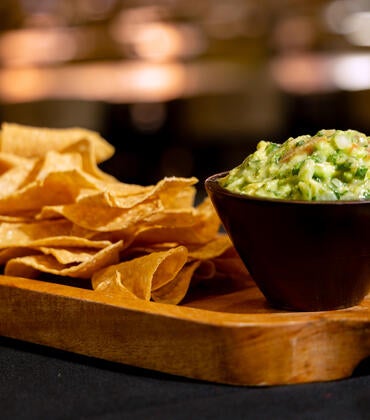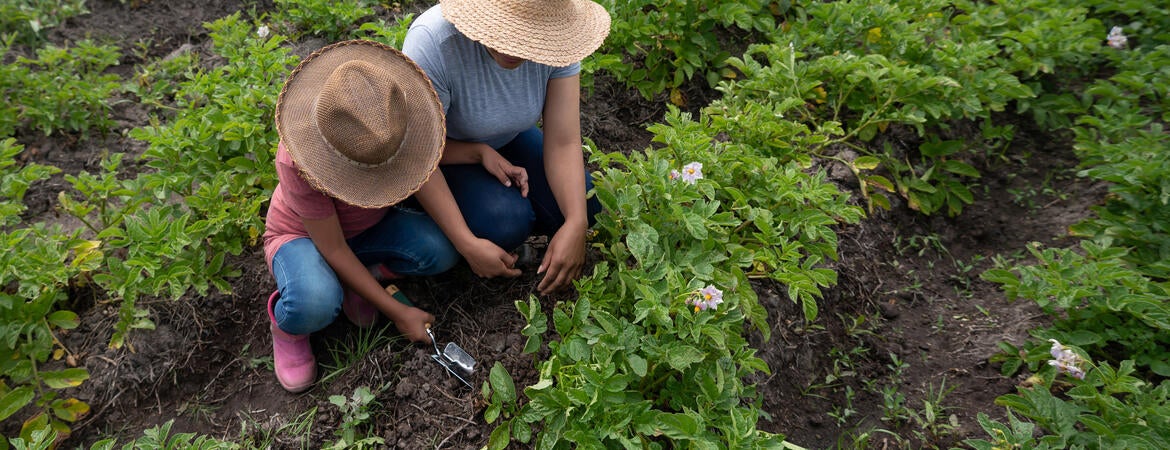
A University of California, Riverside-led study has found that a community-based health program, ¡Coma, Muévase y Viva! (“Eat, Move, and Live!”), is helping Latino families in rural Southern California make lifestyle changes that improve diet, physical activity, and chronic disease management.
Based on an intervention developed by City of Hope, ¡Coma, Muévase y Viva! is a linguistically tailored intervention delivered by “promotoras” (trusted community health workers) to low-income, rural Latinas. It offers a model for how culturally grounded, community-led initiatives can reduce chronic disease disparities in underserved areas.
“Our findings show that programs like ¡Coma, Muévase y Viva! can improve quality of life for underserved rural Latino populations,” said Ann Cheney, a professor of social medicine, population, and public health in the UC Riverside School of Medicine and the senior author of the study published in BMC Public Health. “By involving promotoras throughout the research process, we ensured the program was meaningful and relevant to participants’ daily lives.”
Latinos, the largest rural minority in America, face limited access to healthy food, safe exercise spaces, and Spanish-language health education — factors driving high obesity and diabetes rates. The ¡Coma, Muévase y Viva! program engages Latino immigrants in California’s Eastern Coachella Valley, where diabetes rates are among the state’s highest.
The 10-week virtual program, offered in Spanish with Purépecha translation, combined health education, cooking demos, and exercise. Weekly sessions covered diabetes, nutrition, and cholesterol, with affordable, culturally familiar recipes and group workouts set to Spanish music.
In late 2022, Cheney’s team held focus groups with 20 low-income, Spanish-speaking Latina women to evaluate the program. Participants said it improved their understanding of diet, exercise, and disease prevention, motivating healthier habits — eating more produce, cutting sugary drinks, and exercising more. Many reported weight loss, increased energy, and greater confidence managing diabetes and obesity.
Cheney said the benefits extended beyond individual participants. Many shared what they learned with family members, encouraging healthier eating and activity at home, she said. Her team found using WhatsApp and culturally relevant materials with the participants helped build trust, engagement, and a sense of connection, which contributed to the program’s success.
“Programs like ¡Coma, Muévase y Viva! show that when communities lead the way, health education becomes more effective and empowering,” said Jacqueline Moreira, a program coordinator for research studies in the UCR Department of Social Medicine, Population, and Public Health and the first author of the research paper. “This kind of collaboration supports healthy behavior change and strengthens community capacity to address health inequities.”
Cheney said the study highlights the importance of culturally responsive public health programs, especially for populations facing language, economic, and geographic barriers to care.
“By integrating local voices, cultural food traditions, and community networks, ¡Coma, Muévase y Viva! provides a model for how to deliver accessible, relevant, and sustainable health education in underserved communities,” she said.
Cheney and Moreira were joined in the study by Jair Chavez and Noah Baltrushes at UCR; and Andrea Gonzales at Johns Hopkins University in Maryland.
The research was funded by the National Institutes of Health – National Cancer Institute.
The title of the paper is “¡Coma, Muévase y Viva!: qualitative findings from a dietary and lifestyle change intervention for Latinas in the rural desert region of Inland Southern California.”
Header image credit: andresr/Getty Images.
